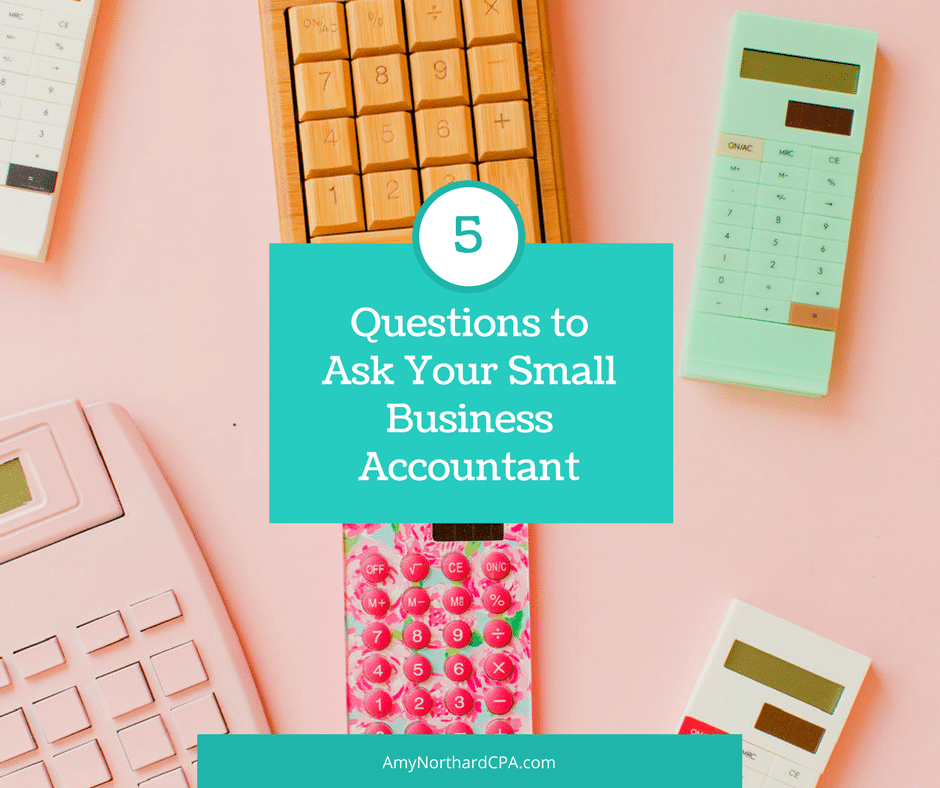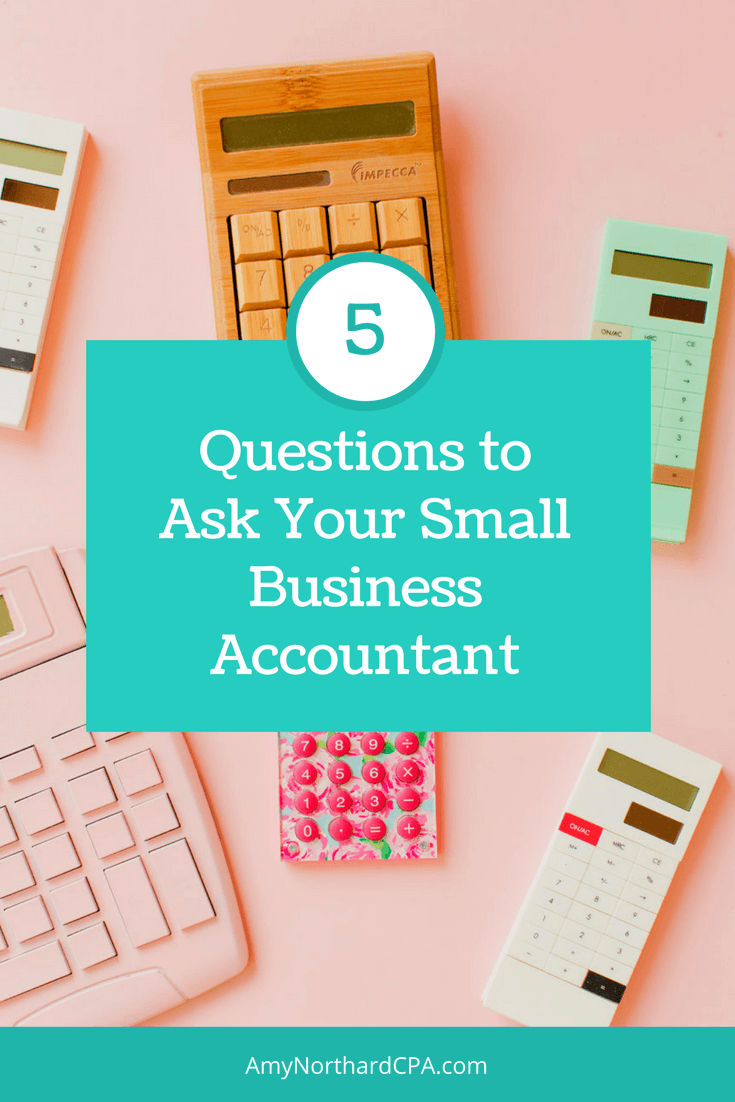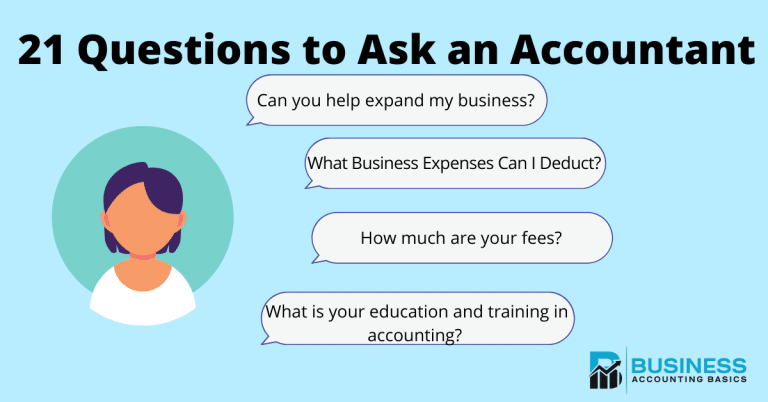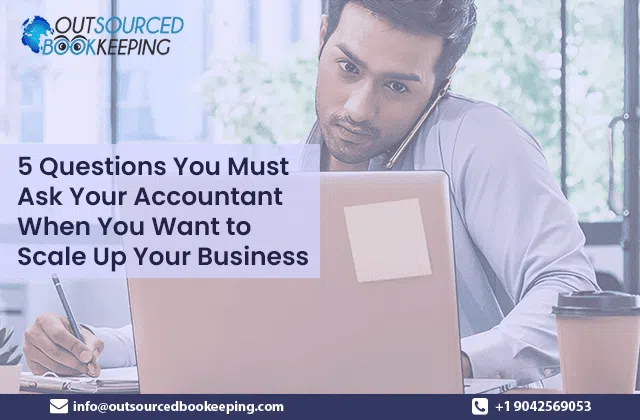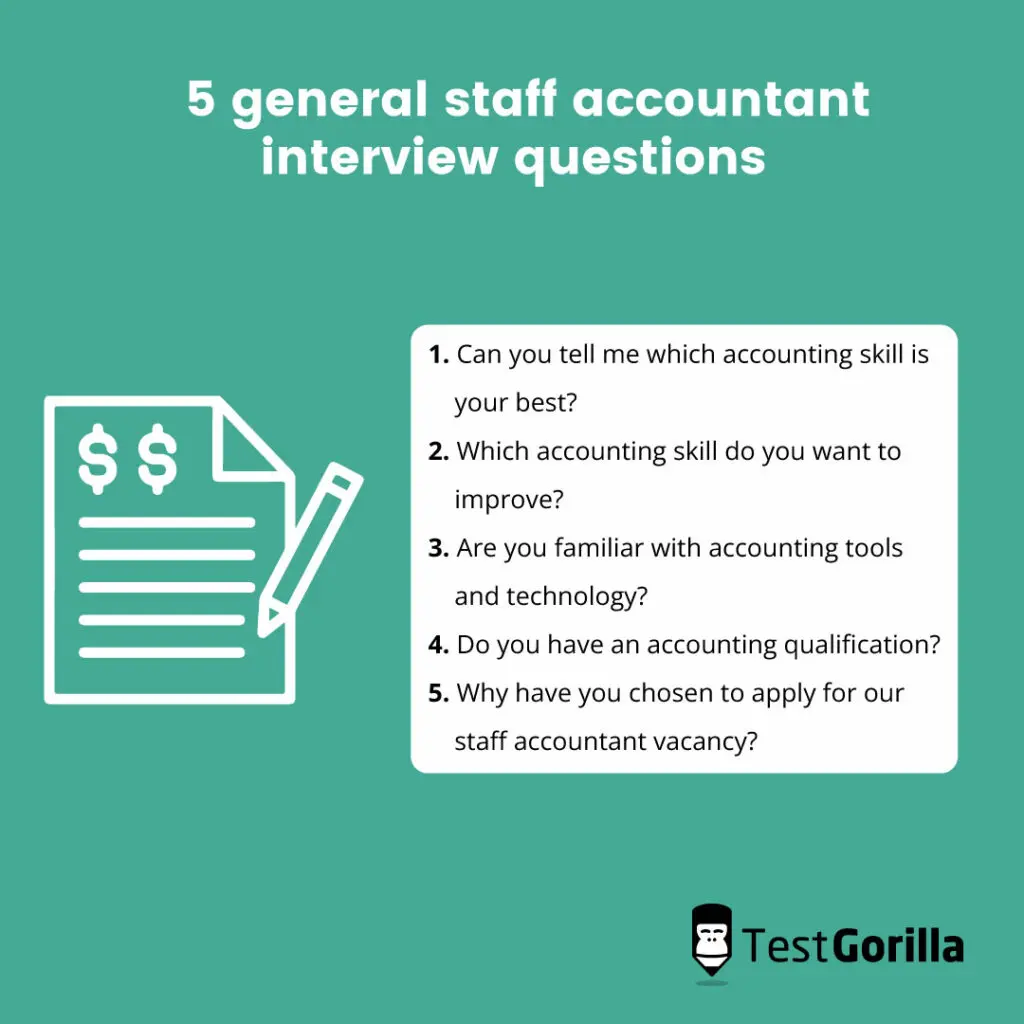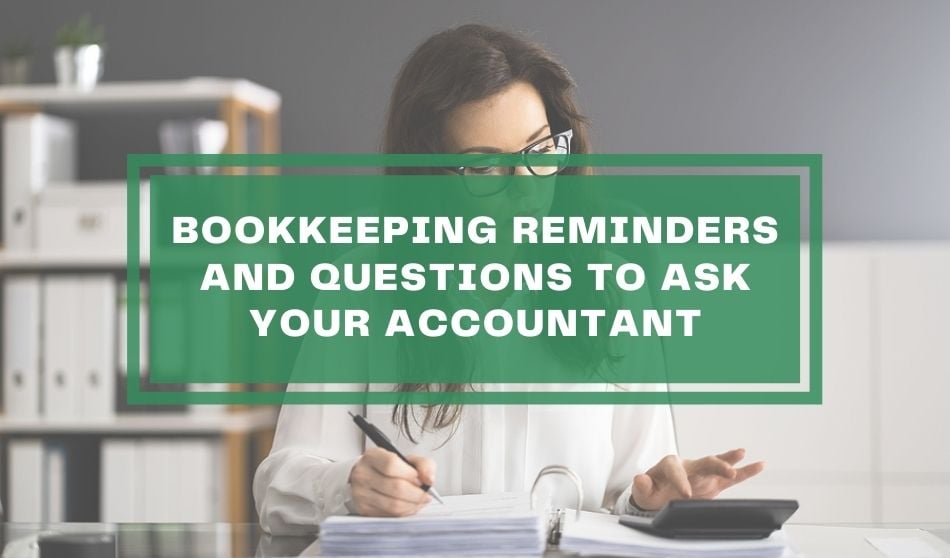Things To Ask Your Accountant When Setting Up A Business

Launching a business? Don't navigate the financial complexities alone. Consulting an accountant from the outset is crucial to setting your company up for success and avoiding costly pitfalls.
Understanding the financial landscape is paramount for new business owners. This guide outlines key questions to ask your accountant during setup, ensuring compliance, optimizing tax strategies, and fostering long-term financial health.
Crucial Questions for Your Accountant
Choosing the Right Business Structure
The business structure you select impacts liability, taxes, and administrative burden. Ask your accountant: "What are the advantages and disadvantages of sole proprietorship, partnership, LLC, and S-corp for my specific business needs?"
According to the Small Business Administration (SBA), the optimal structure depends on factors such as personal liability and tax implications. Discuss your specific situation thoroughly.
Understanding Tax Obligations
Tax laws can be intricate and confusing. Ask your accountant: "What federal, state, and local taxes will my business be subject to, and what are the deadlines for filing and payment?"
This includes understanding income tax, self-employment tax, sales tax (if applicable), and any industry-specific taxes. According to the IRS, failing to meet tax obligations can result in significant penalties.
Setting Up Accounting Systems
A well-organized accounting system is essential for tracking income and expenses. Ask your accountant: "What accounting software or systems do you recommend for my business size and type?"
Explore options like QuickBooks, Xero, or specialized industry software. Ensure the system allows for accurate record-keeping and generates necessary financial reports.
Managing Cash Flow
Effective cash flow management is vital for survival. Ask your accountant: "How can I create a realistic cash flow projection, and what strategies can I use to manage my cash flow effectively?"
This involves tracking income and expenses, forecasting future cash needs, and implementing strategies to improve cash flow. Many businesses fail due to poor cash management, says Forbes Advisor.
Developing a Budget
A budget is a financial roadmap for your business. Ask your accountant: "How can I create a comprehensive budget that aligns with my business goals, and how often should I review and adjust it?"
The budget should include projected revenue, expenses, and profits. Regularly review the budget against actual performance and make adjustments as needed.
Planning for Long-Term Growth
Consider your long-term financial goals early on. Ask your accountant: "What financial strategies should I consider for long-term growth, such as reinvesting profits, securing financing, or exploring exit strategies?"
This helps to create a roadmap for financial sustainability. Discuss your goals openly with your accountant to create tailored strategies.
Handling Payroll (If Applicable)
If you're hiring employees, payroll becomes a crucial factor. Ask your accountant: "What are my responsibilities regarding payroll taxes, employee benefits, and compliance with labor laws?"
Failure to comply with payroll regulations can lead to significant penalties. You can also ask them about worker's compensation.
Understanding Key Financial Ratios
Financial ratios offer insights into your business's performance. Ask your accountant: "What key financial ratios should I monitor, and how can I use them to improve my business's financial health?"
Examples include profit margin, debt-to-equity ratio, and current ratio. Track these ratios regularly and consult with your accountant on improving them.
Seeking Ongoing Support
The relationship with your accountant shouldn't end after setup. Ask your accountant: "What services do you offer on an ongoing basis, and how often should we meet to review my business's financial performance?"
Regular check-ins help identify potential issues early on and ensure you're on track to achieving your financial goals.
Next Steps
Schedule a consultation with a qualified accountant immediately. Preparation is key to a successful business launch. Don't delay securing expert financial guidance – your business's future depends on it.


